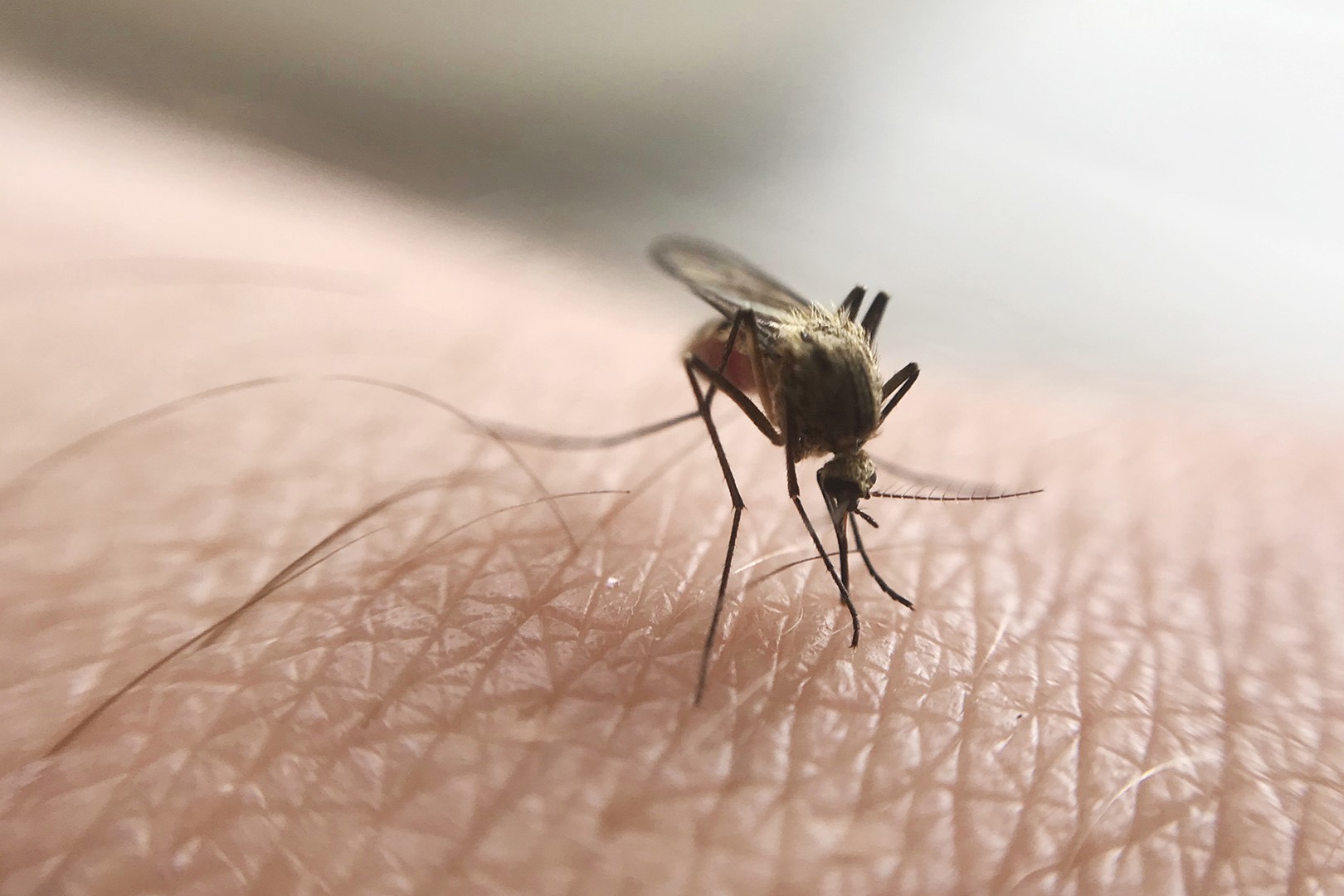
Antimalarials are a crucial component in the fight against malaria, a life-threatening disease caused by parasites transmitted through the bites of infected mosquitoes. These medications play a pivotal role in both preventing and treating malaria, making them indispensable in regions where the disease is prevalent. Understanding the key facts about antimalarials is essential for anyone living in or traveling to areas at risk of malaria transmission. From their mechanism of action to potential side effects, knowing these facts can help individuals make informed decisions about their health and well-being. In this article, we will delve into 10 essential facts about antimalarials, shedding light on their significance in combating malaria and their impact on global health. Whether you are a traveler preparing for a journey to a malaria-endemic region or simply seeking to broaden your knowledge, these facts will provide valuable insights into the world of antimalarial medications.
Key Takeaways:
- Antimalarials, used for centuries, target malaria parasites and are crucial for both treatment and prevention. They have side effects, but ongoing research aims to combat drug-resistant strains and improve effectiveness.
- Antimalarials, along with other interventions, have significantly reduced malaria-related illness and death. Their continued optimization and accessibility are vital in the global fight against malaria.
Antimalarials have been used for centuries.
Antimalarials, also known as antimalarial drugs, have a long history of use in combating malaria, a life-threatening disease caused by parasites transmitted through the bites of infected mosquitoes. These medications have been employed for centuries, with early remedies derived from the bark of the cinchona tree, which contains quinine, a key component in antimalarial treatment. The discovery and development of antimalarial drugs have significantly contributed to the global efforts to control and eradicate malaria.
Antimalarials are not just for treatment, but also for prevention.
In addition to their role in treating malaria, antimalarials are also utilized for preventive purposes. Travelers to regions where malaria is prevalent often take antimalarial medications as a preventive measure. This is particularly crucial for individuals visiting areas with drug-resistant strains of malaria parasites. The use of antimalarials as a prophylactic measure has been instrumental in reducing the risk of contracting malaria for individuals traveling to endemic regions.
Antimalarials work by targeting the malaria parasite.
These medications exert their therapeutic effects by targeting the malaria parasite within the human body. Antimalarials interfere with the parasite's ability to survive and replicate, thereby curbing the progression of the disease. By disrupting crucial processes within the parasite, such as its ability to metabolize and invade red blood cells, antimalarials play a pivotal role in combating the spread of the infection.
Antimalarials can have side effects.
While antimalarials are essential in the fight against malaria, they are not without potential side effects. Common side effects of antimalarial drugs include gastrointestinal disturbances, such as nausea and diarrhea, as well as headaches and dizziness. In some cases, more severe adverse reactions, such as retinopathy and cardiac effects, may occur with prolonged use or at higher doses. It is important for individuals taking antimalarials to be aware of these potential side effects and to seek medical attention if they experience any concerning symptoms.
Antimalarials are a cornerstone of malaria control programs.
In the global effort to control and eliminate malaria, antimalarials play a central role in the implementation of malaria control programs. These programs often involve the distribution of antimalarial medications to at-risk populations, particularly in regions where the disease is endemic. By providing access to effective antimalarial treatment, these programs aim to reduce the burden of malaria and prevent its transmission within communities.
Antimalarials have evolved to combat drug-resistant malaria.
The emergence of drug-resistant malaria strains has necessitated the development of new antimalarial drugs to combat this challenge. Researchers and pharmaceutical companies continue to innovate and create novel antimalarial medications to address the evolving landscape of drug-resistant malaria. This ongoing effort is crucial in ensuring that effective treatment options are available to counter the threat of resistant malaria parasites.
Antimalarials are recommended based on the specific malaria strain and geographic location.
The choice of antimalarial medication is influenced by various factors, including the specific species of malaria parasite prevalent in a particular region and the drug resistance patterns observed. Healthcare providers consider these factors when recommending the most suitable antimalarial regimen for individuals traveling to or residing in malaria-endemic areas. This personalized approach aims to optimize the effectiveness of antimalarial treatment and minimize the risk of treatment failure.
Antimalarials have been the subject of extensive research.
The field of antimalarial research is dynamic and multifaceted, encompassing diverse disciplines such as pharmacology, parasitology, and drug development. Scientists and researchers continually explore new avenues for improving antimalarial therapies, including the discovery of novel drug targets, the enhancement of existing medications, and the investigation of alternative treatment modalities. This sustained research effort underscores the commitment to advancing the fight against malaria through the continual refinement of antimalarial strategies.
Antimalarials are a critical component of comprehensive malaria control strategies.
In conjunction with vector control measures, such as insecticide-treated bed nets and indoor residual spraying, and efforts to reduce mosquito breeding sites, the use of antimalarial drugs forms an integral part of comprehensive malaria control strategies. By integrating multiple interventions, including the timely diagnosis and treatment of malaria with effective antimalarials, public health initiatives strive to achieve sustained reductions in malaria transmission and disease burden.
Antimalarials have contributed to significant reductions in malaria-related morbidity and mortality.
The widespread availability and use of antimalarial medications have contributed to substantial reductions in malaria-related morbidity and mortality worldwide. Through timely diagnosis and treatment with appropriate antimalarials, countless lives have been saved, and the burden of malaria has been alleviated in many regions. The continued emphasis on expanding access to quality antimalarial treatment remains pivotal in the pursuit of global malaria control and elimination goals.
In conclusion, the multifaceted role of antimalarials in both the treatment and prevention of malaria underscores their significance in the ongoing battle against this formidable disease. As research and innovation propel the field of antimalarial therapies forward, the continued optimization of these vital medications is essential for achieving sustained progress in malaria control and ultimately working towards the goal of malaria elimination.
Conclusion
In conclusion, antimalarials play a crucial role in preventing and treating malaria, a life-threatening disease caused by parasites. Understanding these 10 essential facts about antimalarials can help individuals make informed decisions about their health and well-being. From their historical significance to their mechanism of action and potential side effects, antimalarials continue to be a cornerstone in the global effort to combat malaria. By staying informed and seeking professional medical advice, individuals can harness the benefits of antimalarials while minimizing potential risks, ultimately contributing to the ongoing battle against this widespread and devastating disease.
FAQs
What are the common side effects of antimalarials?Antimalarials may cause side effects such as gastrointestinal discomfort, skin rashes, and, in rare cases, retinal damage. It is important to discuss any concerns with a healthcare professional when considering antimalarial treatment.
Can antimalarials be used for prevention as well as treatment?Yes, antimalarials can be used both to prevent and treat malaria. They are often prescribed to travelers visiting malaria-endemic regions as a preventive measure, and they are also utilized in the treatment of malaria infections. However, the specific medication and dosage may vary based on individual circumstances and the prevalence of drug-resistant malaria strains.
Was this page helpful?
Our commitment to delivering trustworthy and engaging content is at the heart of what we do. Each fact on our site is contributed by real users like you, bringing a wealth of diverse insights and information. To ensure the highest standards of accuracy and reliability, our dedicated editors meticulously review each submission. This process guarantees that the facts we share are not only fascinating but also credible. Trust in our commitment to quality and authenticity as you explore and learn with us.


